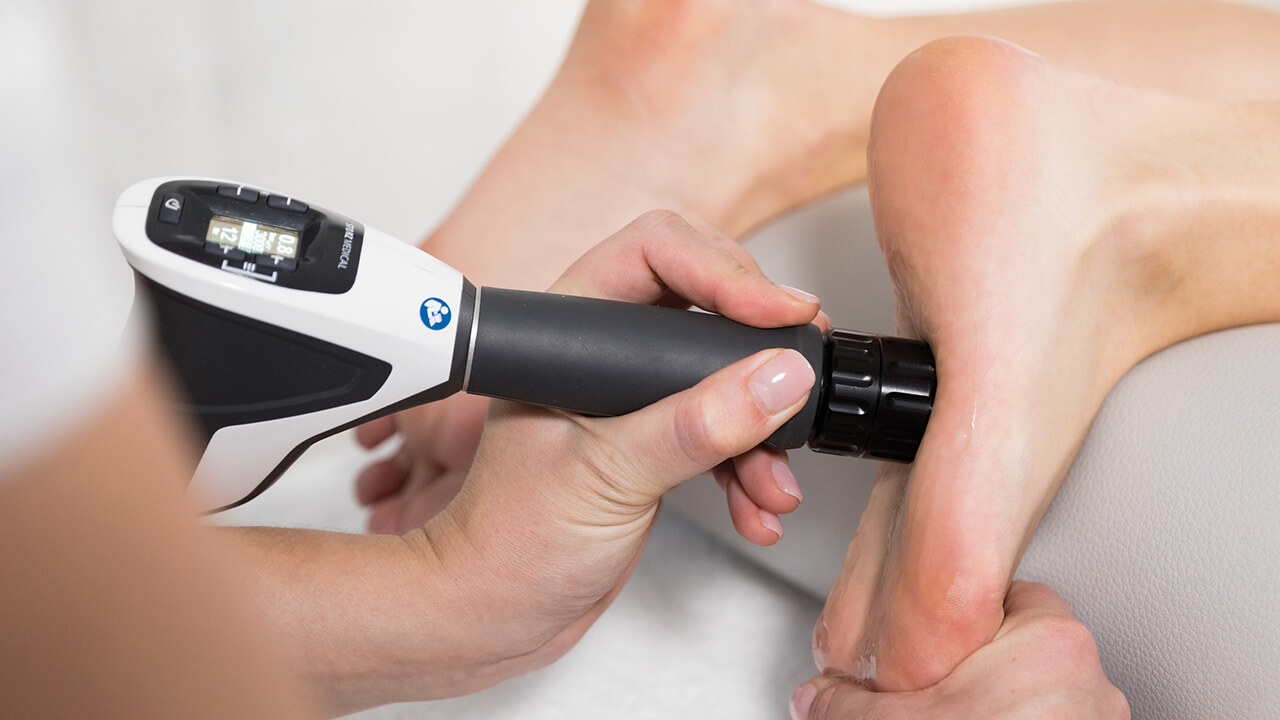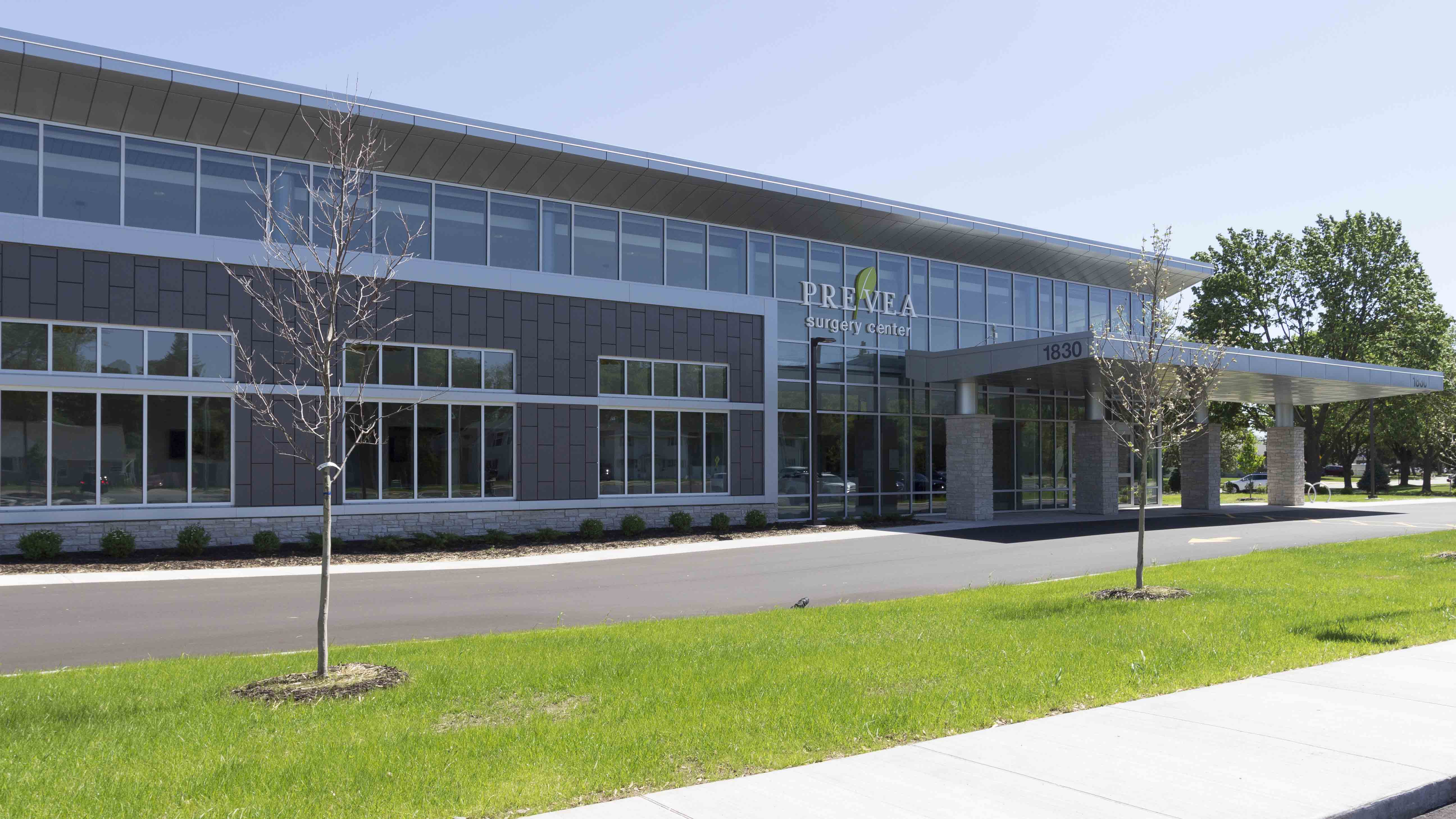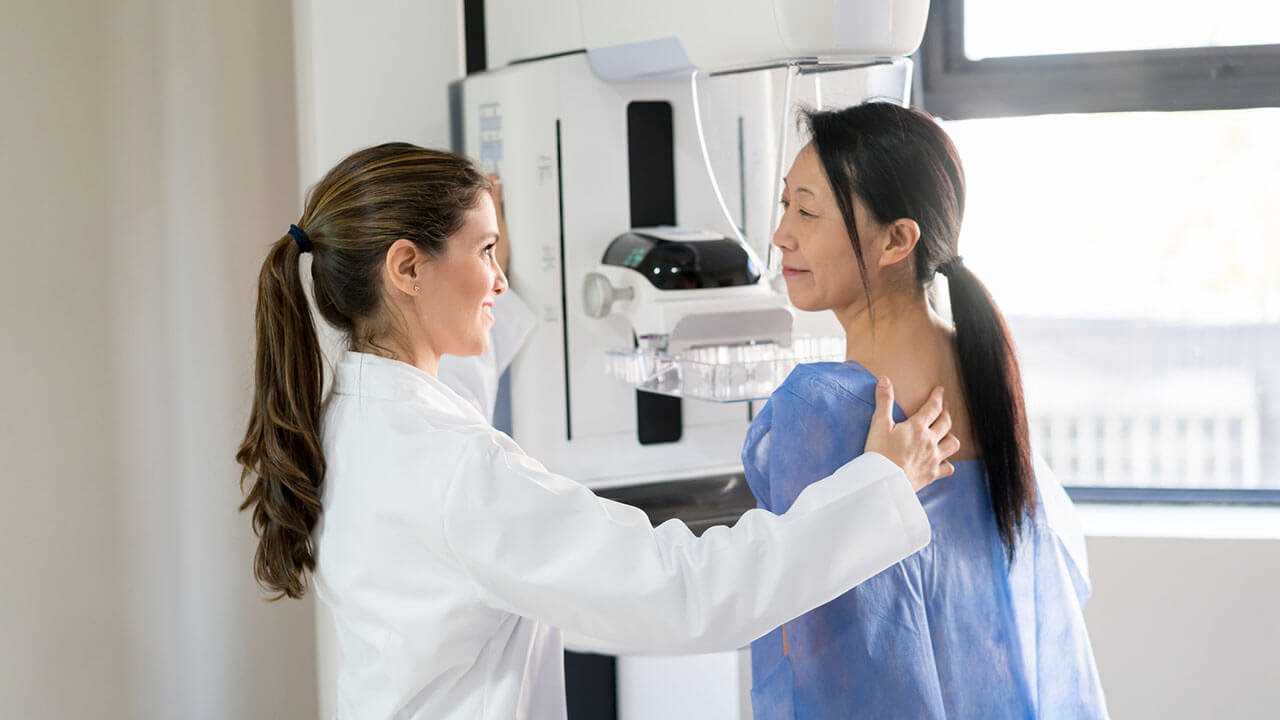Resources
-

Weight loss body analysis MRI
An advanced MRI scan that creates a 3D view of your muscles and fat to support safe, healthy weight loss—especially for patients on GLP-1 medications. -

Shockwave Therapy
Extracorporeal Radial Shockwave Therapy uses pressure waves—not electric shocks—to trigger your body’s natural healing process. -

Vasectomy
If you're ready to discuss a vasectomy, call us to schedule an appointment. No referral is needed. -

Standing weight bearing CT imaging
If you're dealing with hip, knee, hand, wrist, foot or ankle pain—or preparing for surgery—your provider may recommend a weight-bearing CT scan using advanced technology. -

Summer menopause symptoms and treatment
Highlighting Kellermann and Powell and getting symptoms and treatment for menopause. -

Protecting Your Vision on the Pickleball Court with Sports Goggles
It is important to keep your vision in mind while playing any sport. Pickleball is a fast growing sport and keeping your vision protected is vital. -

Parkinson's Clinic
Understanding the patient-centered care Prevea provides for Parkinson's disease patients. -

Ambulatory surgery center
A convenient alternative to hospital-based outpatient procedures. -

I Found a Lump: Same or next day appointments for a breast lump
When a new lump is found, often our first thought is “could this be cancer?” So, what should you do? -

The health benefits of laughter
Your health is no laughing matter, so take some time to relax, smile and crack a joke. -

Breast cancer risk assessment and management
At Prevea, you can expect to receive a formal risk assessment based on the most up to date, validated breast cancer risk calculators. -

-

Are you living with a problem gambler?
Gambling is often identified as a hidden illness, since there are no physical signs of problems or addiction. -

Positive communication in the workplace
Learn some helpful tips for communicating effectively at work. -

Begin your day on a positive note
Sure, a strong cup of coffee may help, but here are a few ideas for how to start your day on the right foot.